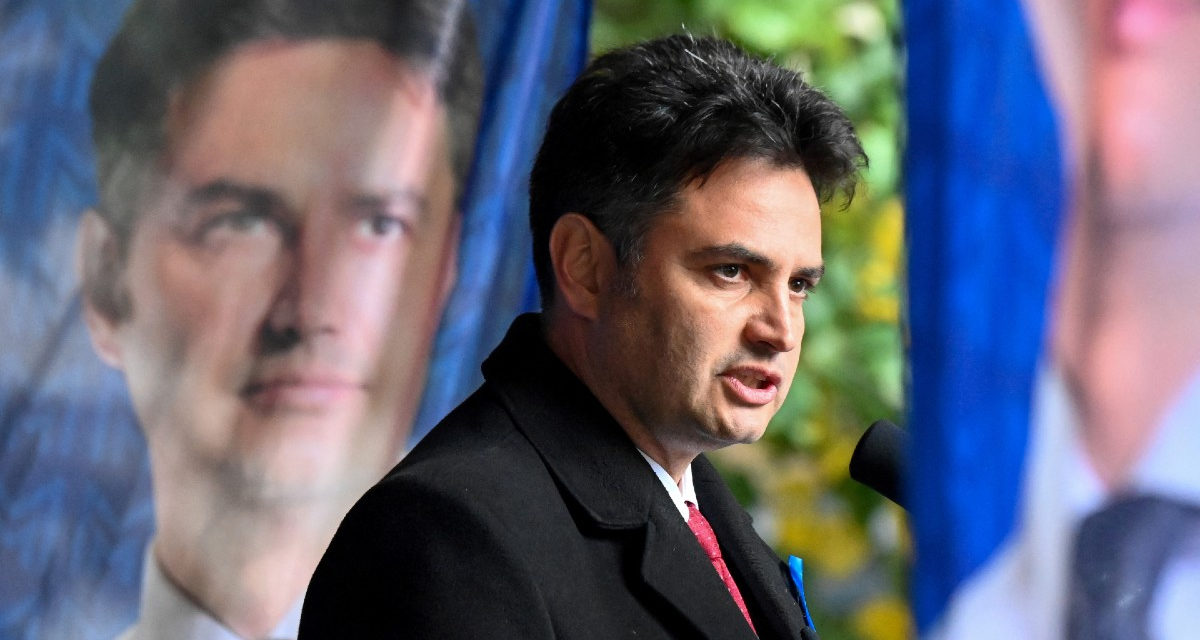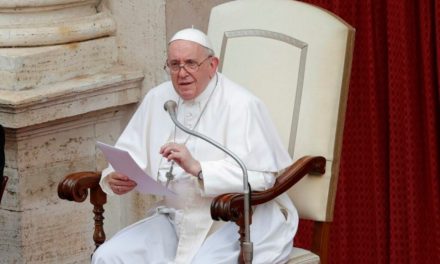"It absolutely blew the fuse for me, we want to give free energy to someone. From then on, there will be no incentive for someone to save energy," said the opposition prime minister candidate. According to the expert, however, this is a policy mistake, which is clearly reflected in the policy of the European Commission and the energy policy of the left-wing government between 2002 and 2010, and is now also reflected in the energy policy of Péter Márki-Zay.
Péter Márki-Zay made a surprising statement about the overhead reduction in a video on Greenpeace Hungary's Facebook page. In the recording, the joint prime ministerial candidate of the opposition said, in his opinion
the trouble with these irresponsible steps, like the overhead reduction, is that they are very easy to promise, to give, and extremely difficult to cancel”.
Márki-Zay: We should encourage energy conservation through prices
At the same time, the joint prime minister of the opposition also touched on the fact that, according to him, "in order to transform the economy into a sustainable one, it is necessary to feel the energy price increase". As he put it, he thinks
there is no such thing as the consumer not paying, and the person not paying. This is populism”.
As he argued, in his opinion, if , we encourage energy conservation through prices (it should be - ed.) Investments in energy conservation and efficiency will never pay off if we keep prices artificially low."
He added: “or whatever
it absolutely blew the fuse for me, we want to give someone free energy. From then on, there will be no incentive for someone to save energy.”
Consumers are not able to react flexibly to price changes
And during the 2008 crisis, energy prices went wild, and multinational energy companies easily raised their prices, and then did not lower them during the price correction. As a result, by 2010, household energy in Hungary was the most expensive in the European Union, he said.
Today, however, in relation to the European Union, the Hungarian population pays the least for electricity, i.e. today Hungary is nominally the cheapest country within the European Union
he added.
The low prices are due to the fact that they are officially fixed, and therefore there are no price increases for residential consumers.
Olivér Hortay pointed out that in the 2010s, when the Hungarian government brought back official pricing thanks to utility cuts, almost everyone attacked this program. Now, a significant number of member states are working to build a similar type of official safety net for residential consumers.
According to the mayor of Hódmezővásárhely, sustainability also means that everyone will feel the price increases, because "in the end, the consumer pays for everything".
However, according to the expert
this is a political mistake, which is clearly visible in the European Commission's policy and in the energy policy of the left-wing government between 2002 and 2010, and now also appears in the energy policy of Péter Márki-Zay.
" They think that with price signals, households can be sufficiently encouraged to reduce their consumption, and this, for example, leads to a reduction in harmful emissions, " Olivér Hortay said, adding that experience shows that consumers are not able to respond flexibly to to price changes.
The expert then explained his statement with an example: even though prices in Hungary decreased after 2010, consumers did not start to heat much more or use much more electricity. And the reverse is also true, since the current EU price shock and the price shock after 2008 did not cause a significant drop in consumption.
These price shocks result in household burdens increasing drastically and households having to spend much more on utilities
- said the expert.
Photo: Attila Kisbenedek / AFP













